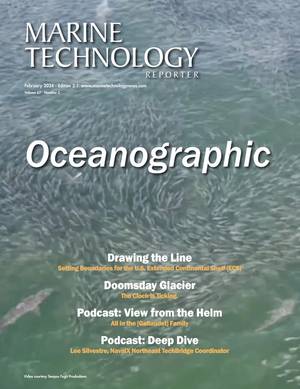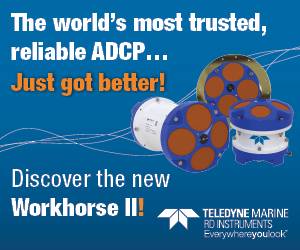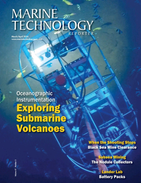For over 40 years, Sea-Bird Scientific has developed award-winning technologies and CTDs that are the centerpiece of most oceanographic moorings, AUVs and profiling systems. The global Argo Array, with unprecedented accuracy and stability in temperature and salinity, has enabled scientists to detect ocean climate trends not previously possible. Sea-Bird also provides sensors to the NSF funded SOCCOM program to produce climate-quality data record for carbon cycling. Sea-Bird Scientific combines the capabilities of Sea-Bird Electronics, WET Labs and Satlantic to provide sensors and systems for oceanographic research and environmental water quality monitoring of physical and biogeochemical properties.
Sea-Bird products are used across industries, all over the world in numerous critical environmental research and monitoring efforts, ranging from determining the ocean’s role in, and the associated impact from, climate changes to the monitoring of environmental impacts of major episodic events such as oil spills and tsunamis. Every Sea-Bird instrument is delivered fully calibrated. Its 28 CTD and DO calibration baths at our U.S. factory and at our European calibration lab ensure Sea-Bird instruments are the gold standard in research and operations. These automated calibration systems perform a combined total of more than 40,000 complete sensor calibrations per year. Sea-Bird Scientific has an extensive internal science team, with a number of Ph.D. oceanographers spanning several focus areas to determine scientific requirements for its instruments, test and evaluate prototypes, oversee production calibration processes and answer questions from scientists using its instruments around the world. Key oceanographic parameters measured by Sea-Bird instruments include temperature, salinity, pressure, oxygen, pH, fluorescence, turbidity, nitrate, phosphate and irradiance. The company’s instruments are used on shipboard profiling systems, moored platforms, autonomous floats and moored profilers. Sea-Bird Scientific also manufactures several platforms for integration with sensors, including autonomous profiling floats and moored profilers. Advances in autonomous profiling float technology now provide reliable, stable temperature, conductivity and pressure measurements for five years and beyond. This, in large part, has been enabled by the Sea-Bird Scientific SBE 41 CTD sensor, which is the standard for temperature and conductivity measurements for the Argo program. The Sea-Bird Scientific Navis Autonomous Profiling Float is used in the Argo and other ocean monitoring programs such as SOCCOM, with sufficient power for over 300 profiles with the SBE 41 CTD. The SOCCOM project is augmenting conventional Argo floats with biogeochemical sensors to measure carbon (pH), nutrients (nitrate) and oxygen.
https://sea-birdscientific.com/
• 
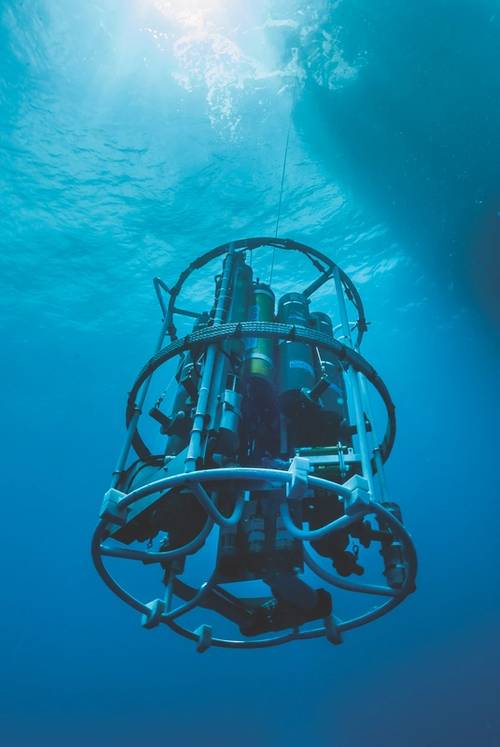
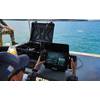
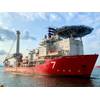
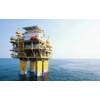
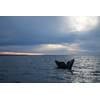
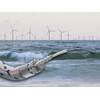
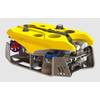







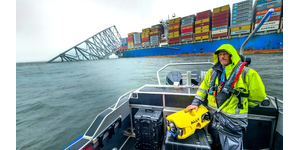
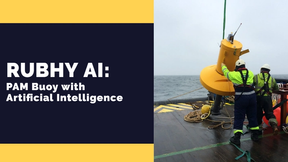
 February 2024
February 2024
